Search Results
Showing results 1 to 20 of 21
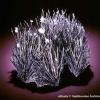
Watching Crystals Grow
Source Institutions
Learners will compare the growth rate and appearance of crystals forming on small rocks to those growing on miscellaneous objects. Learners will also investigate how temperature (warm vs.
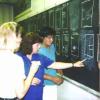
Mystery Boxes for Grades 3-5
Source Institutions
Learners manipulate opaque, sealed boxes and attempt to determine their interior structures. Each box contains a moving ball and one or more fixed barriers.
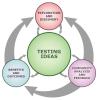
Heating and Cooling of the Earth's Surface
Source Institutions
Learners conduct an experiment to determine the rate at which two materials, sand and water, heat up and cool down.

Pre-School Ball Run!
Source Institutions
In this activity, learners use cardboard bases and track tubes to make a ball run to explore the properties of mass, force, and motion.
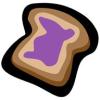
Beginning Statistical Inquiries into the Scientific Method: Jelly-Side-Down
Source Institutions
This activity allows learners to explore the scientific method in an open-ended fashion, using the 4-P Approach to Science Inquiry developed by the University of Wisconsin, Beloit.
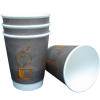
What Can You Make of It?
Source Institutions
In this activity (located on page 2 of PDF), learners explore alternative uses of a simple paper cup, dubbed a "mystery item." Learners act as detectives and explore the properties and functions of th

Dogs and Turnips
Source Institutions
Learners turn over a random selection of cards from a larger set. From the words revealed, they try to determine the sentence represented on the larger set of cards.
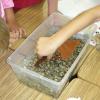
Crayfish Investigations
Source Institutions
This activity has learners interacting with live crayfish, but could be adapted for a variety of similar hardy and interesting organisms.

Swinging Yo-Yo
Source Institutions
Learners build a pendulum from a yo-yo, and then design their own experiment to determine what affects the pendulum's period of swing.
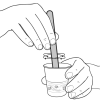
Choose Your Ooze
Source Institutions
During this activity, learners will make different versions of "ooze" using varied proportions of detergent and glue.

Water Exploration Station
Source Institutions
In this activity (located on page 3 of the PDF), learners investigate the way water moves and how we can control and direct water.
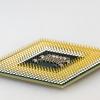
Crime Scene: The Case of the Missing Computer Chip
Source Institutions
Learners use scientific processes to solve a crime. As they get clues, learners must create a hypothesis then adjust that hypothesis as more information is revealed.
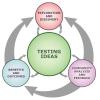
Number Patterns
Source Institutions
In this lesson, learners are challenged to discover the relationship among six numbers.

The Checks Lab
Source Institutions
A group of learners has an envelope containing a series of bank checks. A few checks are removed at a time, and the team attempts to construct a plausible scenario which involves those checks.
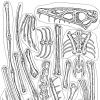
The Great Fossil Find
Source Institutions
On an imaginary fossil hunt, learners "find" (remove from envelope) paper "fossils" of some unknown creature, only a few at a time.

Exploring Bouncing Balls
Source Institutions
Learners explore the physical properties of a variety of balls and how they bounce.
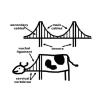
Scientific Measurement Exercise
Source Institutions
Learners measure irregularly shaped bones using a variety of measurement methods and tools. Then, they measure again using standard conventions and metric tape measures.
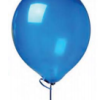
Investigating the Insides
Source Institutions
In this activity, learners work in teams to investigate the composition of unseen materials using a variety of tools.
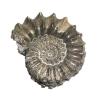
Xenosmilus
Source Institutions
Learners imagine they are paleontologists in Florida, where they find (remove from envelope) paper "fossils" of some unknown creature, only a few at a time.
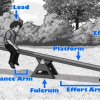
Levers at Play
Source Institutions
In this activity, learners consider how a simple machine, a lever, turns a small push or pull (a small force) into a larger--or stronger--push or pull (a larger force).
